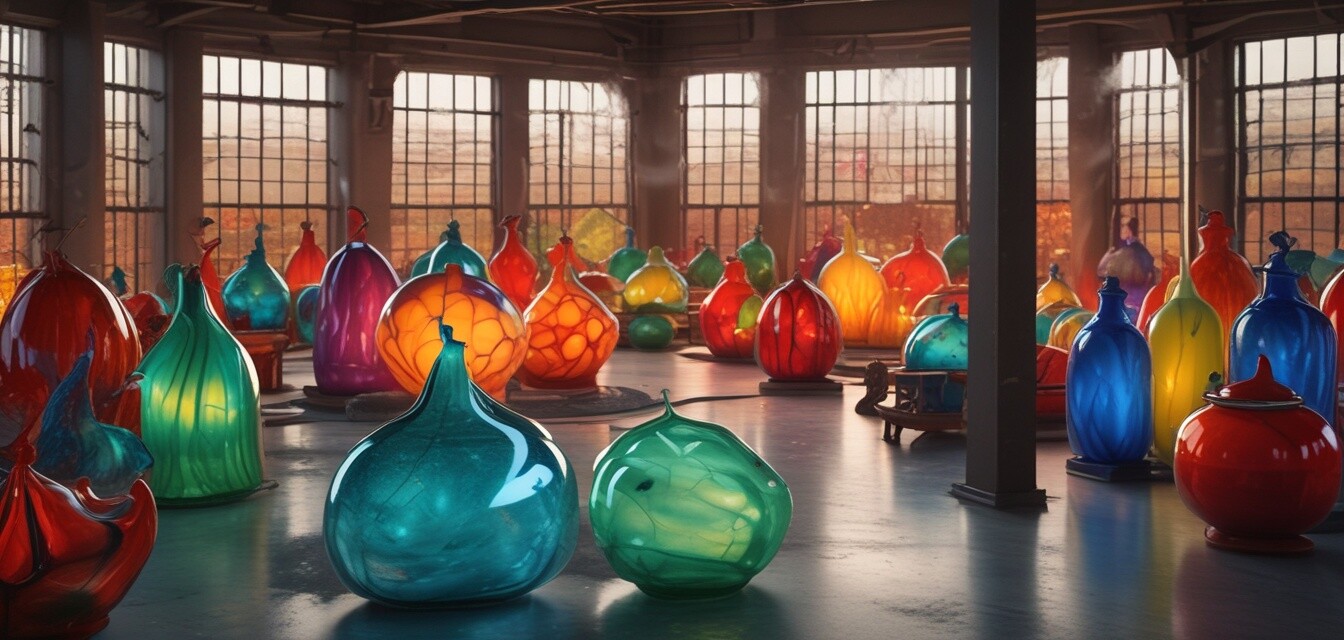
Exploring kiln glass options: Which one is right for you?
Key Takeaways
- Understanding the different types of kilns available for glass making.
- Choosing the right kiln based on your project needs and skill level.
- Factors such as size, temperature range, and functionality play critical roles in decision making.
When it comes to glass making, choosing the right kiln is crucial for achieving the desired results in your projects. In this article, we will delve into various kiln options available, providing a comparative analysis of their features to help you make an informed decision.
Types of glass kilns
There are several types of kilns designed to cater to different glass making techniques. Here’s a brief overview:
| Kiln Type | Best For | Features |
|---|---|---|
| Tabletop Kilns | Beginners and small projects | Compact size, lower firing capacity, ideal for home use |
| Front-Loading Kilns | Medium-sized projects | Easy access, larger firing space, versatile use |
| Glass Slumping Kilns | Fusing techniques | Specialized design for slumping glass into molds, efficient heating |
| Casting Kilns | Advanced glass artists | High-temperature range, capable of handling thick glass |
| Concave Kilns | Sculptural pieces | Allows for unique shaping, excellent for creating intricate designs |
Choosing the right kiln for your needs
When selecting a kiln, there are several factors to consider:
- Size: Determine the physical space available and the scale of your projects.
- Temperature range: Different glass types require specific firing temperatures.
- Functionality: Understand if you need a kiln for fusing, slumping, or casting techniques.
- Budget: Define your budget and research several options in that range.
Specific features to consider
In addition to general characteristics, here are some specific features that could influence your choice:
- Digital controllers: Allow for precise temperature control and programming.
- Insulation: Look for kilns with good insulation to maintain consistent temperatures.
- Ventilation: Be aware of ventilation options, especially if working with materials that can emit fumes.
- Warranty: Check if the manufacturer offers any warranties that cover defects and issues.
Additional information on glass making
For those looking to further enhance their glass making experience, explore our related categories:
- Fusing and slumping supplies
- Glass kilns blog
- Glass art project kits
- Glass molds
- Glass casting supplies
Conclusion
Choosing the right kiln for your glass making projects can significantly impact your results. Take your time to explore various options, understand your needs, and consider the features that will support your creative journey effectively. Whether you're an aspiring artist or a seasoned professional, the perfect kiln is out there waiting for you.
Pros
- Diverse options to cater to different glass-making techniques.
- Many kilns offer advanced features for precision and convenience.
- Helpful resources are available for exploring project ideas and tutorials.
Cons
- The initial investment can be significant for high-quality kilns.
- Some kilns may have a steep learning curve for beginners.
- Maintenance costs can add up depending on usage.

